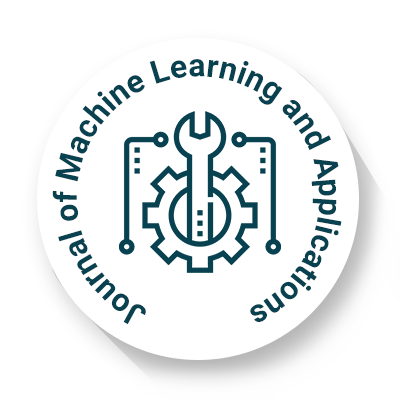Meta Learning
Meta-learning is the capacity for “learning how to learn.” A broader definition would characterize meta learning as a framework containing a learning subsystem that is flexibly modified by leveraging experiences from prior learning instances or from various tasks. Thus, unlike conventional supervised learning and learning, evaluate not just one task with a large, stable dataset but a series of related tasks (each containing its own typically smaller dataset specific to the task). It seeks to gather overall insights into the learning process for specific tasks to enhance adaptability to new tasks. A major benefit of meta learned system is their adaptability and capability for rapid adjustment based on minimal data. This can aid in addressing numerous limitations of conventional machine learning algorithms, including the requirement for an extensive dataset, elevated training expenses, considerable efforts from numerous training attempts, the need for thorough hyperparameter tuning, and prolonged training duration. Conversely, meta learning greatly reduces the need for extensive task-specific training data, a crucial advantage in scenarios where high-quality labeled data is limited, costly, or difficult to acquire. This lower demand for data results in shorter training times and reduced cost during task adaptation. Ultimately, a properly trained meta learned system serves as a generalized model that can effectively address several interconnected tasks. Thanks to their adaptability, meta-learning systems can be applied in various fields, including computer vision, language and speech processing, and reinforcement learning. The leading instances in computer vision are few-shot image classification and few-shot object detection, meaning the classification or detection is based on just a small number of examples.

